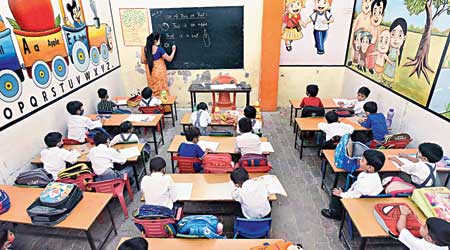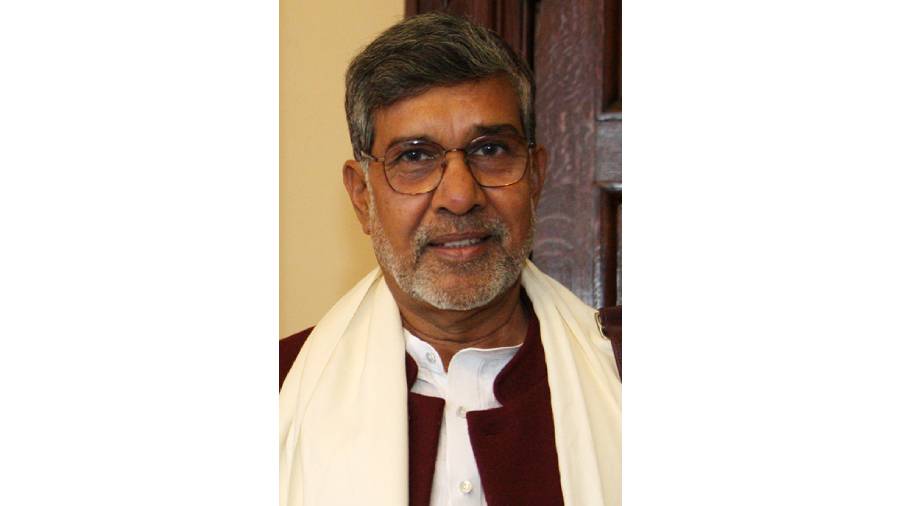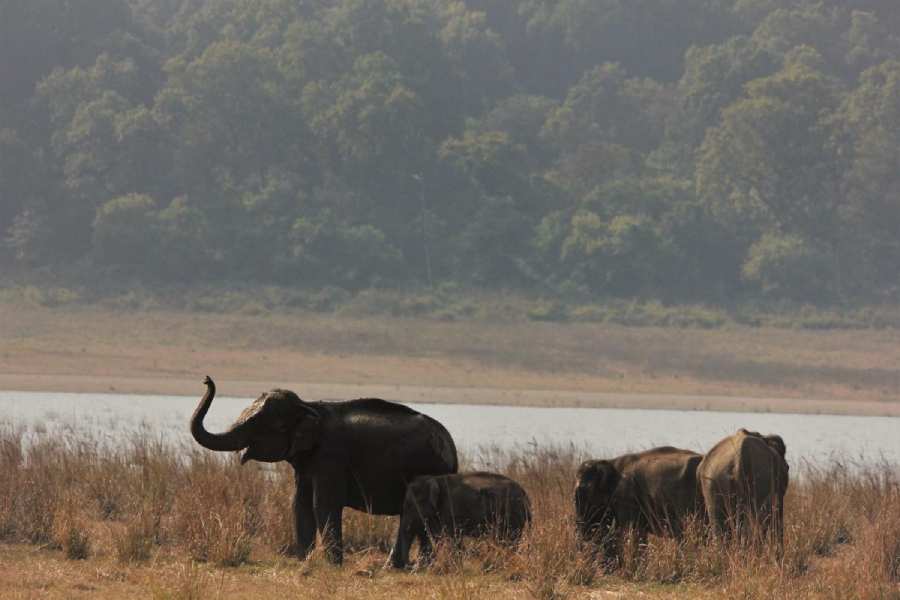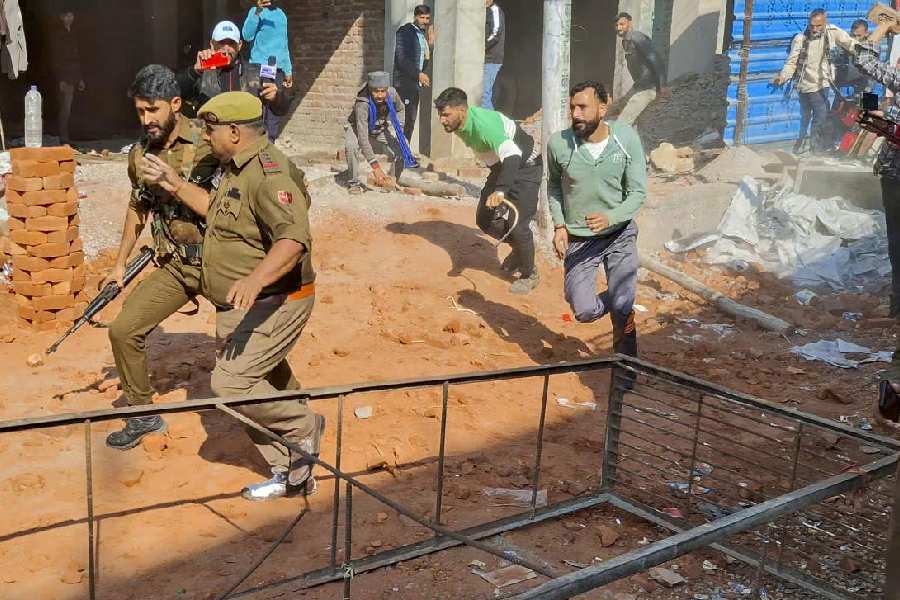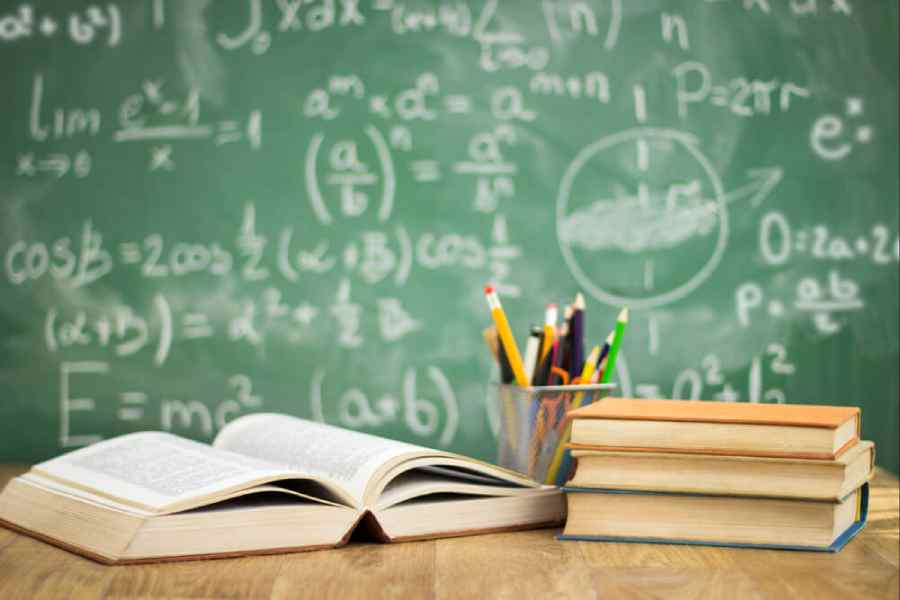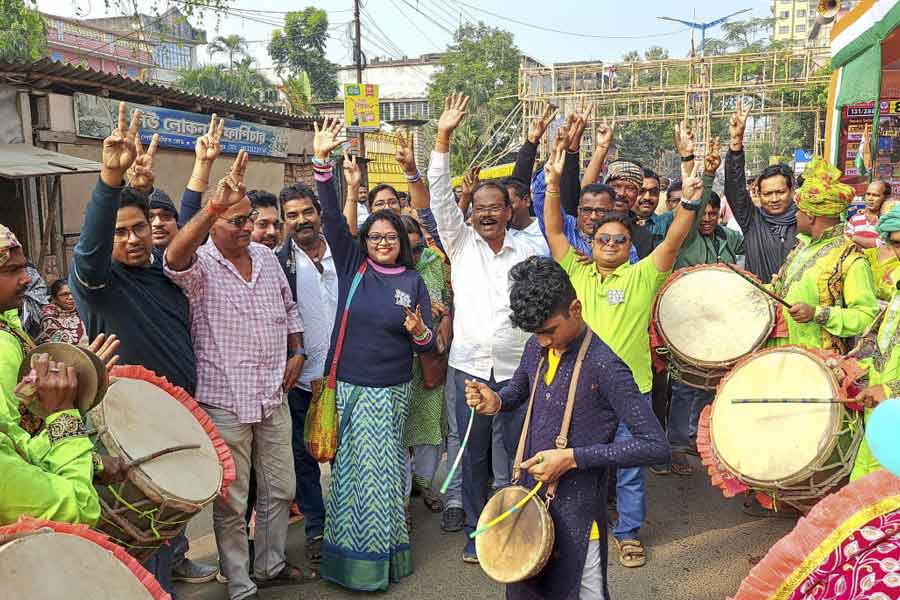The Supreme Court on Monday declined to entertain a plea that sought a resumption of in-person classes across the country’s schools, saying no “judicial diktat” could be issued on a matter involving the safety of children who are not even vaccinated.
“They (the states) are also conscious of the need for children to gradually go back to school. We cannot by judicial diktat say that you shall send your children back to school, oblivious of the danger which may be there,” Justice D.Y. Chandrachud, who headed a two-judge bench that included Justice V. Nagarathna, said.
“We have just come out of the second wave.... You still have the danger of a possible spike.… Fortunately, we have reports which say it may not be of such nature. Vaccinations are still taking place. I don’t think these are the kinds of relief where the court should issue general directions that you should send all children to school.”
Justice Chandrachud added: “Let us leave something for the democratic way of life that the country has adopted. Let us leave it to the state governments. Surely they want their children to go back to school.... Let the states find out where the spike is taking place.”
Addressing advocate Ravi Prakash Mehrotra, who was representing the petitioner, a Class XII student from Delhi, the bench said: “Mr Mehrotra, you ask the child to focus on studies and not seek these reliefs....”
Petitioner Amar Prem Prakash had argued that the long closure of schools and prolonged online education were causing “severe psychological and medical issues” among children.
Schools had closed across the country from late March last year because of the pandemic. But between late July this year and now, most states have resumed physical teaching in the higher classes (X to XII) while a handful have resumed the lower classes too. There appears little possibility of children getting vaccinated anytime soon, though.
The petition said: “However, a large number of states and Union Territories including central schools… are yet to take a decision.”
The bench said these decisions were better left to the states. It noted that the Covid situation was still alarming in states such as Kerala and Maharashtra, and that a writ petition had been filed in Karnataka challenging the state government’s decision to restart in-person classrooms.
Also, much depends on the Union government’s vaccination policy for children, the apex court said.
“The issue is fraught with grave complexities. We cannot give a judicial mandate on a petition where we don’t have data,” it said.
It added that the government had to tread with extreme care on a question of exposing children to Covid, “so the court must be equally or even more careful because there is absence of data before us”.
The court later allowed the petitioner to withdraw the petition.
The petitioner had argued that the long school closure was causing “depression, social reclusiveness” among children. Also, children from poor families were being forced to work to buttress the household income.
Underprivileged children were being left out of the online classes. Also, in the absence of regular school, children were being forced to take private tuition.
The petition invoked Articles 14 (equality), 21 (life and personal liberty) and 21A (free and compulsory education for all children).

